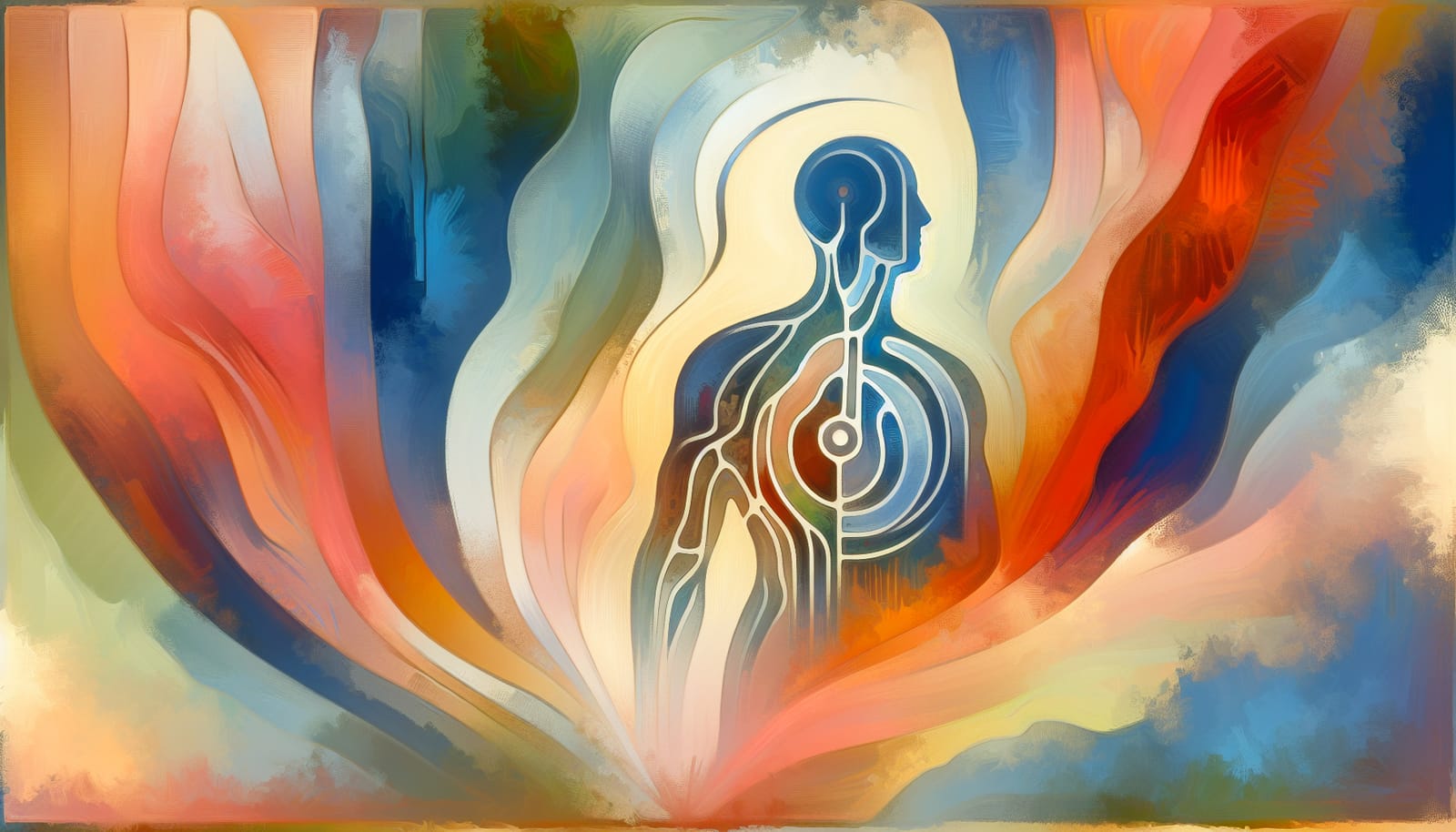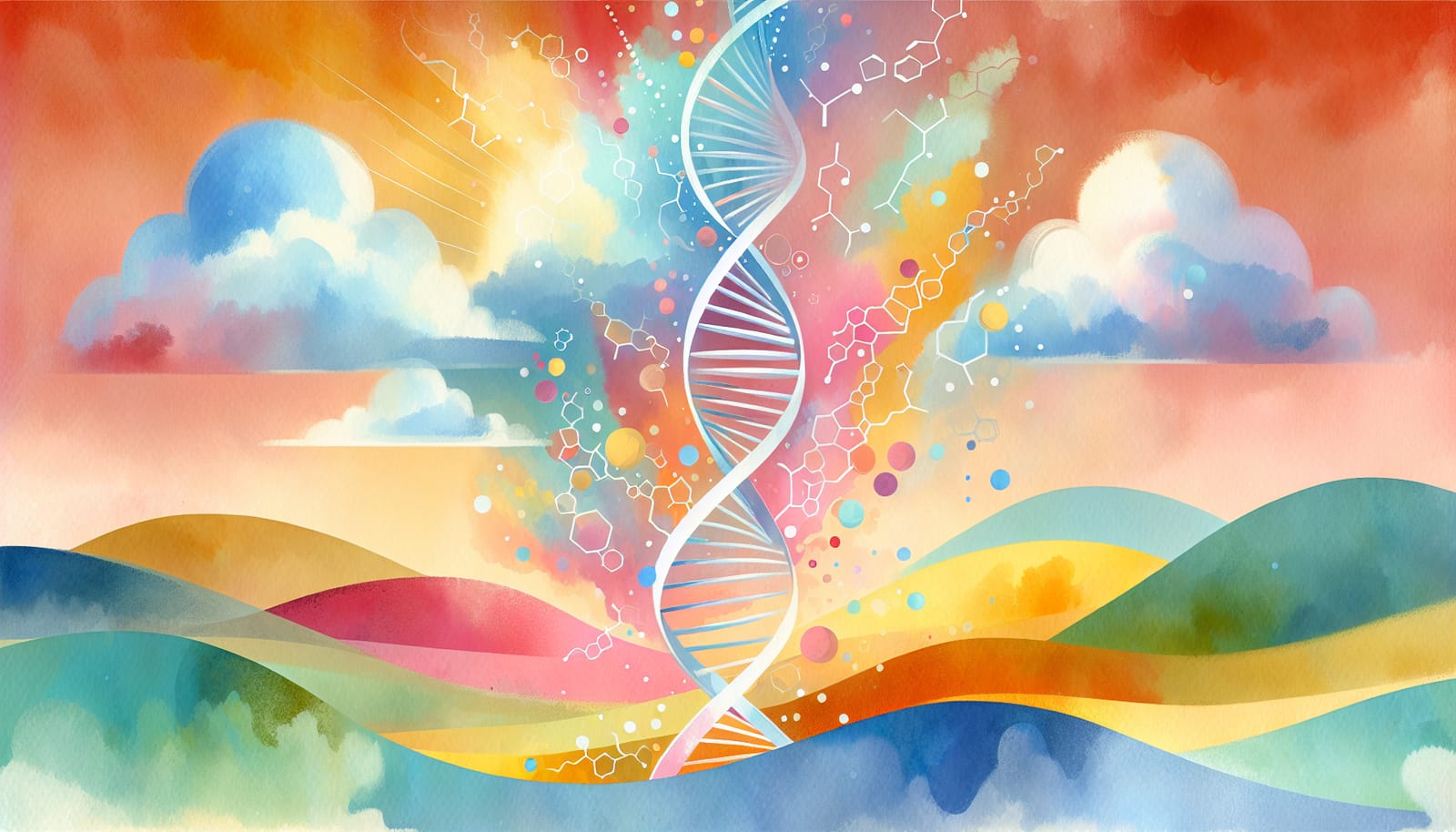Groundbreaking strides in medical imaging are bringing us closer to understanding our health as we age, thanks to the remarkable efforts of over a billion scans conducted on volunteers throughout the UK. This incredible initiative, the UK Biobank project, has joyfully achieved its goal of scanning the brains, hearts, and other vital organs of 100,000 individuals, marking a significant milestone in an 11-year journey of discovery.
Prof. Naomi Allen, the chief scientist at UK Biobank, shares the excitement: "Researchers are already starting to use the imaging data, along with other data we have, to identify disease early and then target treatment at an earlier stage." This initiative not only provides invaluable insights into health conditions ranging from heart disease to cancer, but it also emphasizes the spirit of collaboration as low-cost data is made available to teams around the globe.
Among the participants is Steve, a retired sales professional who now dedicates his time to supporting a charity run by his daughter. He proudly became the 100,000th volunteer to undergo scanning. As he stepped into the full-body MRI scanner, his commitment to advancing medical research shone through. Reflecting on his mother's early-stage dementia, he stated, "So with that in mind I want to give more back to research so the next generation can learn from people like me."
The imaging project operates tirelessly, running 13 hours a day, seven days a week across four sites in England. Each participant enjoys a comprehensive five-hour appointment utilizing five different types of MRI, X-ray, and ultrasound machines. The data gathered during these sessions is anonymized to ensure privacy, with individual feedback provided only if a potential health concern is identified.
Launched in 2003, the UK Biobank has become one of the most extensive collections of biological samples and health information globally. Half a million middle-aged volunteers have contributed to this treasure trove of data, completing physical tests, answering health and lifestyle questions, and providing biological samples, all of which are meticulously stored for future research.
The imaging component kicked off in 2014 and is set to become a long-term endeavor as these participants will return every few years to track changes in their health over time. This unique combination of scans and health data empowers scientists to explore early indicators of diseases and health issues, offering hope for better prevention and treatment strategies.
Supported by the Medical Research Council (MRC), the Wellcome Trust, and the British Heart Foundation, the project emphasizes the importance of community and innovation. With over 30 petabytes of anonymized health data already accessible to researchers, the impact of the UK Biobank is profound. Louise Thomas, a professor of metabolic imaging at the University of Westminster, highlights its transformative nature, stating, "We thought it was a crazy idea, there was absolutely no way anybody could scan this number of people."
The use of artificial intelligence is revolutionizing data processing, allowing researchers to extract valuable insights in a fraction of the time previously required. Since its inception, almost 17,000 peer-reviewed papers have been produced using Biobank data, with new findings emerging weekly.
The research has led to significant discoveries, including correlations between alcohol consumption and memory loss, as well as the potential for certain MRI scans to replace invasive surgeries. Each insight brings us a step closer to understanding health challenges and the factors that influence them.
The UK Biobank stands proudly among the world's leading repositories of personal health data, alongside notable initiatives in Germany, China, and the United States, while ensuring that its data is accessible for global research. With ongoing support from organizations like Calico and the Chan Zuckerberg Initiative, the project continues to flourish, paving the way for a brighter, healthier future for all.


